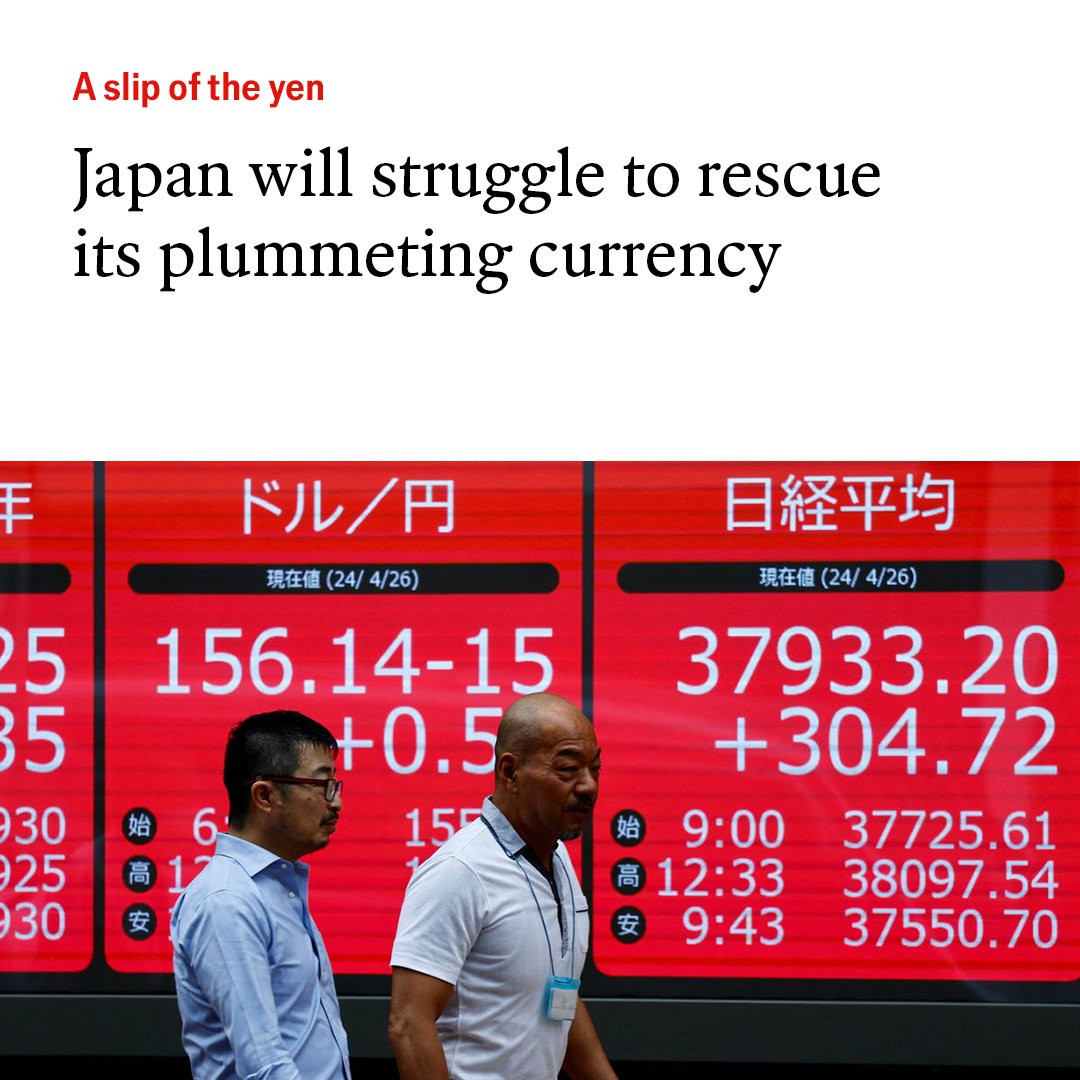
The Economist
@TheEconomist
News and analysis with a global perspective. We’re here to help you understand the world around you. Subscribe here: https://t.co/RpUQAAnhog
ID:5988062
http://www.economist.com 12-05-2007 13:04:50
376,9K Tweets
27,2M Followers
159 Following
Follow People



























